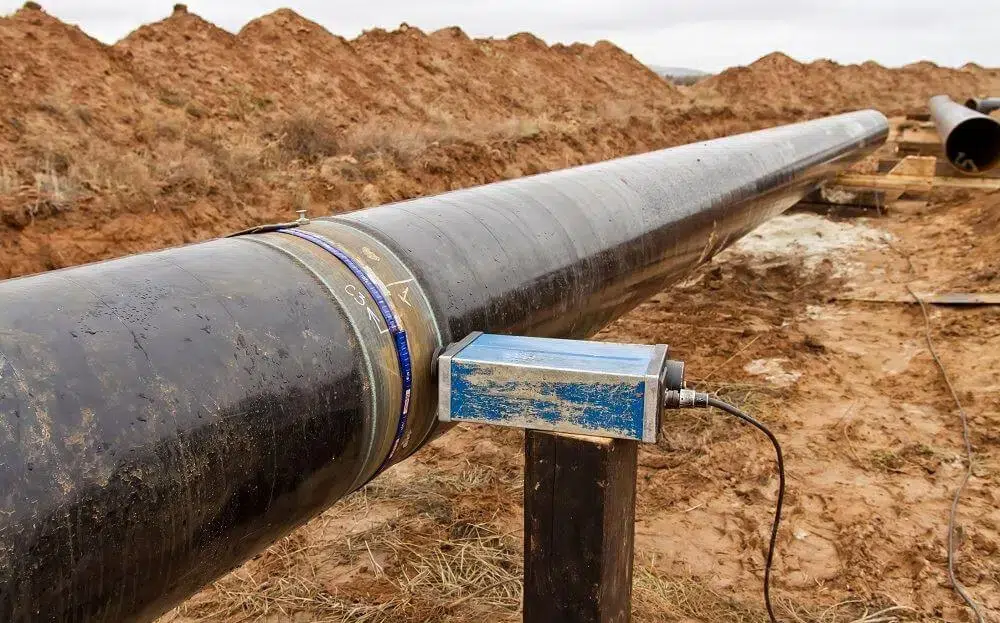
Cathodic Protection
Public Pipeline
Active 5 months ago
Welcome to [NDT Inspection Portal]’s cathodic protection group, a place for professionals to connect... View more
Public Pipeline
Group Description
Welcome to [NDT Inspection Portal]’s cathodic protection group, a place for professionals to connect and discuss the latest techniques and technologies in cathodic protection.
Cathodic protection is a method used to prevent corrosion in metal structures, such as pipelines, tanks, and offshore platforms. It involves the application of a direct current to the metal structure, which creates an electrochemical reaction that slows or stops the corrosion process.
Cathodic protection is an important aspect of ensuring the integrity and reliability of metal structures in various industries, including oil and gas, water and wastewater, and transportation. It involves the use of specialized equipment and techniques, including voltage and current measurements, to monitor and control the cathodic protection process.
Our member group offers a platform for sharing knowledge and best practices on cathodic protection and its applications in various industries. Join our community of experts from around the world and be a part of the conversation on advancing the practice of cathodic protection and its applications in the field of NDT and inspection. Whether you are new to cathodic protection or an experienced professional, you’ll find valuable resources and a welcoming community in our group.
cathodic protection Stainless steel
cathodic protection Stainless steel
Posted by george on 27/11/2021 at 4:32 pmIs cathodic protection required for stainless steel?
charlie replied 4 years, 2 months ago 2 Members · 1 Reply- 1 Reply
Cathodic protection of stainless steel can be obtained at far more positive potentials than carbon steel. A side effect of this is that the cathodic current density requirement of stainless steel is normally less than 5 % of that for carbon steel. … There are several options for cathodic protection of stainless steel.
Log in to reply.